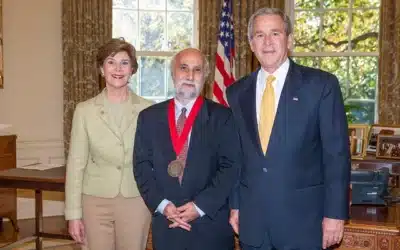In the classical-liberal age of 19th-century Europe, there were no immigration controls. Here is how Gustav Stolper — a German economist, classical liberal, and an immigrant — described the world he had known:
This economic and social system of Europe [before 1914] was predicated on a few axiomatic principles. These principles were considered safe and unshakable…. They were freedom of movement for men, for goods, and for money. Everyone could leave his country when he wanted and travel or migrate wherever he pleased without a passport. The only European country that demanded passports (not even visas!) was Russia, looked at askance for her backwardness with an almost contemptuous smile. Who wanted to travel to Russia, anyway?
The liberal thinkers of the 19th century got a few things wrong, but they were steadfast in their defense of a free market in labor. They upheld freedom of migration as an axiomatic principle, as Stolper put it. They won the argument. And they lived in a time of unprecedented peace and economic growth.
New generations of libertarian thinkers have corrected some inconsistencies in the theories left to us by the classical liberals. However, when it comes to the free market in labor, libertarians are now divided and confused in a way that would have baffled the classical liberals.
We now have closed-border libertarians, who argue that democratic welfare states have immigration controls that are too lax. They charge politicians with allowing too much immigration, compared with the highly restricted level that they believe would be allowed in a private-property society.
Closed-border libertarians consider it just for the state to heavily restrict immigration across arbitrary international borders because, they argue, this would be the kind of action that a private community landowner would take.































